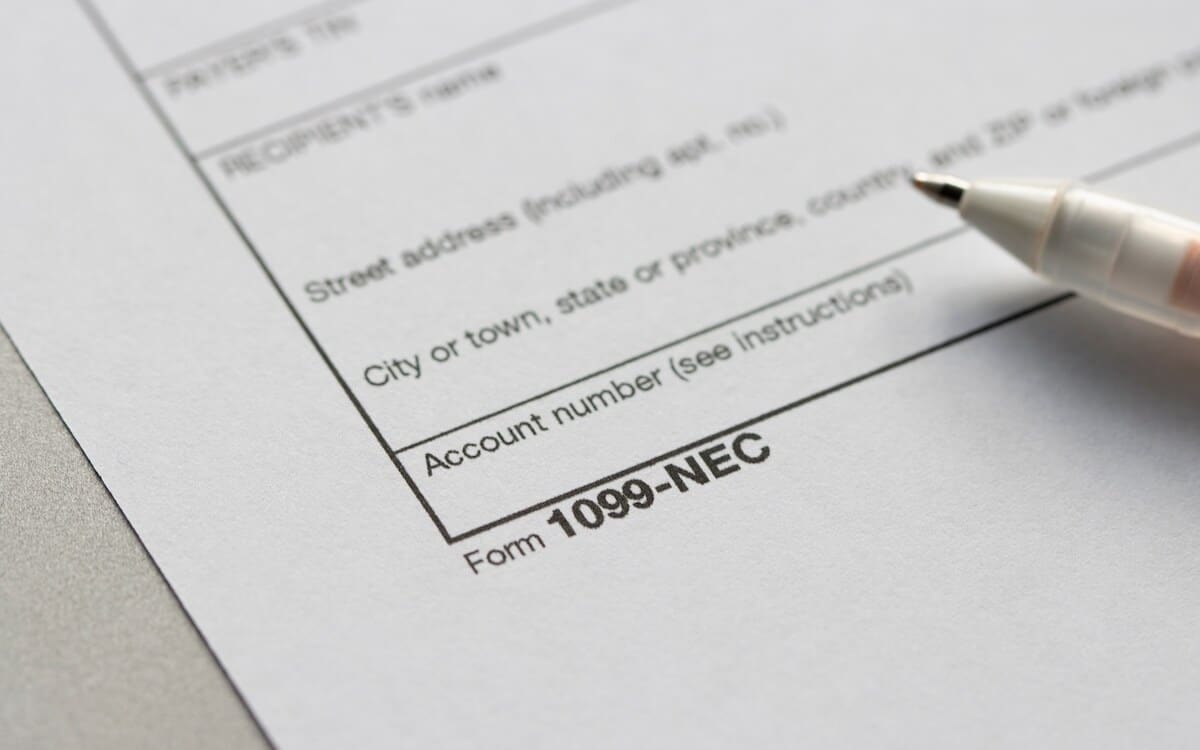The size of your business and the complexity of its finances often dictate how early you should start preparing for tax season. Some businesses may need only a few weeks, while others should start getting ready for tax season in Q4. But no matter the size, every business can benefit from early preparation for two reasons: 1) to make filing taxes more efficient, and 2) to use those organized financial records to analyze your company’s financial health and think strategically about the future.
Consider these benefits of early business tax preparation:
- Budget preparation
- Accurate forecasting
- Identifying trends
- Tracking funds owed to you or from you
- Showcasing your financial stability
Getting ready early provides you with financial records that are accurate and complete, which provides you with the information you need to make critical decisions—whether tax-related or not. There’s no room for inaccuracies, incompleteness or miscommunication then it comes to financial reporting.
Start preparing for tax season early so you’re ready to go when tax time comes. Below are 18 actionable steps to take now to prep well in advance and maintain pristine records year-round.
Build Strong Relationships
Your relationships with internal and external stakeholders can affect how efficiently you gather necessary documents and handle issues during tax season.
- Maintain consistent and open internal communication: Engage with other department heads and ask how you can help them. Offer quick, helpful orientations on finance tasks like submitting expense reports or coding invoices to new hires. This keeps everyone aligned and creates smoother workflows.
- Proactively communicate externally: Don’t wait for a crisis or tax time to reach out to tax experts, legal advisors or other knowledgeable partners. Stay on their radar so you’re top-of-mind when you need quick assistance.
Document and Streamline Processes
As your business adopts changes, such as hybrid work models or new technologies, ensure your documentation reflects updated workflows, digital tools and any ongoing process changes. Streamlining processes now can save you valuable time as you prepare for tax season.
- Update your SOPs: Keep your standard operating procedures (SOPs) current. Keep checklists, schedules, and manuals updated, and review them periodically, especially after any process changes.
- Review your month-end timeline: See if there are any opportunities to shorten your month-end close process. Streamlining reconciliations and documentation now will help make tax season less stressful.
Ensure All Financial Data is Accurate
Missing or misclassified data can render reports useless for your tax season preparedness. Inaccurate information can lead to filing delays or even penalties.
- Capture and classify all financial data: Make sure your accounting systems or manual processes accurately track data from all your source systems (e.g., banks, subsidiary ledgers and pass-through accounts like PayPal).
- Review catch-all accounts: Minimize transactions coded to ‘miscellaneous’ accounts. Properly classifying activity will make reviews easier and improve the accuracy of your financial reporting.
Review Financial Reports for Tax Season
Your financial statements are the foundation of your tax season preparedness. Accuracy is critical for effective business tax preparation, as well as ongoing financial strategy.
- Balance sheet: Compare your assets and liabilities to prior quarters to quickly alert you to discrepancies and trends. This helps you detect errors early and make informed decisions.
- Profit and loss statement (P&L): Also referred to as an income statement, use this high-level view of your income and expenses to assess your financial performance.
- Cash flow statement: Your liquidity and solvency directly impact tax planning. Seeing your cash flow can help you determine the right time to rebalance your investments or secure a loan for expansion.
Reconcile and Review Accounts
Each asset and liability account needs to be reconciled against supporting tables or ledgers to ensure consistency in the general ledger (GL). Perform monthly reconciliations to ensure you’ll be well-prepared for tax season.
- Accounts receivable (AR): Make sure your bills are going out on time and only valid accounts are on your books. Watch aging and follow up quickly on delinquent accounts, writing them off when necessary to keep your books accurate.
- Accounts payable (AP): Record all invoices as promptly as possible so you don’t miss early payment discounts. On the other hand, if cash flow is a concern, consider setting your systems to pay just before their due dates.
- Payroll: Whether you outsource your payroll or handle it in-house, conduct regular reviews to ensure accuracy. Make sure former employees no longer have system access to prevent fraud.
- Bank and investment accounts: Review bank statements regularly to ensure they exactly match your records. Being consistent and meticulous with reconciliations will help prevent errors and reduce your risk of fraud.
Review Contractor and Payroll Records
Ensure compliance by reviewing records for independent contractors and payroll.
- Internal W-9 audit: Verify that each independent contractor (IC) has a W-9 on file with a valid tax identification number (TIN). Spot check payments for accuracy, especially high-dollar ones. Remember, any IC paid over $600 or for legal fees will need a 1099-NEC form at year end. Use the IRS TIN matching database to verify records and reduce your chance of penalties—you risk a $50 penalty per 1099-NEC that’s missing, late or incorrect.
- Payroll 941 audit: Review 941 quarterly returns and verify that they match your payroll subledger. Ensure any tax credits are fully documented. Penalties for payroll errors vary by state, but can be significant.
Check Assets and Agreements
Ensure all contracts, leases and fixed assets are properly recorded.
- Contract review: Check all contracts and lease agreements to make sure you’re meeting your obligations and recording contracts properly. Make sure all lease agreements are documented as required by the ASC 842 lease accounting standard.
- Fixed asset review: Periodically spot check and thoroughly assess all fixed assets, especially those used remotely. Be sure to include company-owned materials and equipment (like laptop computers) that are housed off-site in your reviews.
- Inventory review: Conduct inventory checks of your raw materials and salable products on a regular basis. If your current schedule is predictable, vary it occasionally to catch discrepancies early.
Preparing for Tax Season Early Keeps Your Business On Track
By preparing early for tax season, you’ll set your business up for success. Ongoing inspections of your financial records and processes will shore up your accounting foundation, allowing you to confidently and smoothly navigate tax time.
If you need help getting ready for tax season, Paro can match you with a fractional finance or accounting expert who can ensure you complete early business tax return preparation proactively, giving you peace of mind year-round.






